
The question of whether there is intelligent life on other planets has been debated for many decades. Some believe that we are alone in the universe, but a vast majority consider that there is life on other planets, too. In fact, the probability of life appearing on other planets, the same way it has appeared on Earth is very high, given the fact that there are many solar systems in the universe, which have similar conditions as those on Earth. Unfortunately, our present development level has only allowed us to start exploring the nearest satellites and planets, so there is much to be discovered.
According to recent studies, bacteria have been discovered on the International Space Station, and we can therefore conclude that life is possible in space. This explains how life might travel from one planet to another.
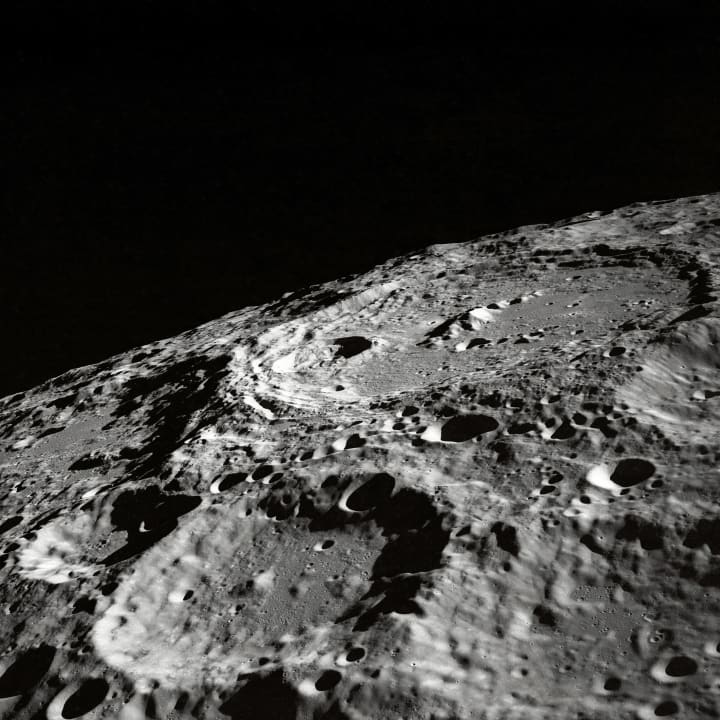
Now that we have concluded that life in space is very likely, the next question that arises is what would this life be like. Given the fact that we are at the beginning of space travel, it is very difficult to say what all the types of life in space might look like. But definitely, there must be life forms that are similar to life on Earth. This is because many planets have similar conditions to those on Earth. But if the most intelligent entities on those planets are animals, it is very likely that they are not yet capable of traveling long distances through space, because their lifespans are short. Those alien life forms that we will meet, can definitely travel far enough to come to our planet, hence they must be far more evolved than us and live much longer. But there is one more thing... they are probably no animals, but robots.
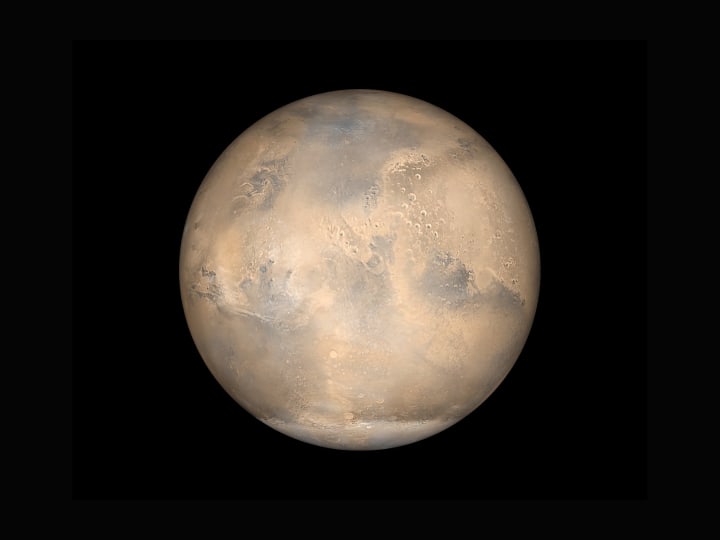
And let me explain why. They probably used to belong in the past to the animal kingdom, just like us. But an animal is not adapted to living in space. Animals have evolved on Earth and need air, gravity, water, food, a certain temperature, and pressure in order to survive. Also, animals have a short life span, because they evolve by genetic mutations, which happen in a succession of individuals that evolve from one another. The genetic mutations do not occur within the body of one individual, throughout his lifespan. The reason for this may be the brain capacity. Scientists consider that our brain could store information for about 300 years. This is supposed to be its maximum storage capacity. Therefore if one individual could suffer genetic mutations and evolve from a Neanderthal to a Homo Sapiens within his lifetime, that would perhaps take longer than 300 years. So if he could store information for merely 300 years, after that he would suffer from amnesia, since he could store no more information and he would die, because he would forget, for example, if he has eaten or not and would starve as a result of his incapacity to remember things. This is just a theory because the brain might in fact have the capacity to delete old information to make room for new memories, but that would also mean the loss of information.
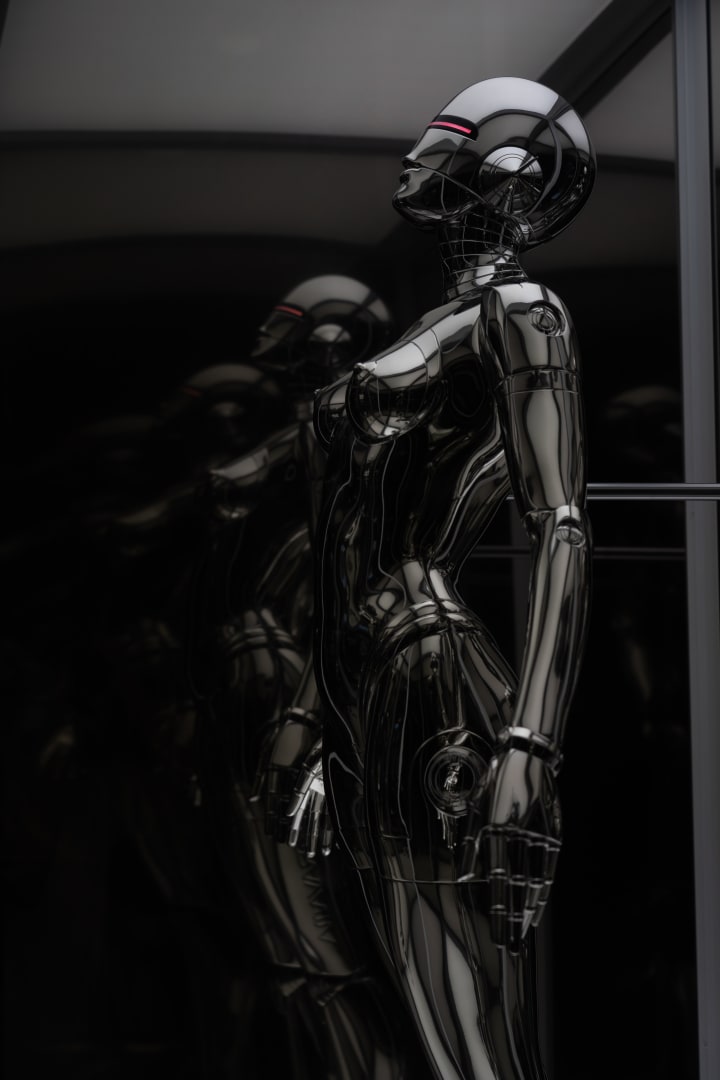
Space travel requires longer lifespans, a higher intellectual level, and an adaptation to the conditions in space. Because animals would not be fit for that, who would?
Cybernetic life has all the characteristics necessary for life in space to be possible. A robot would only need energy to function, and energy can be easily harvested in space, from the many suns that are out there. It does not need a certain temperature, pressure, gravity, food, or water. If it had enough storage space for its memories, it could live for tens of thousands of years without losing its personal information and thus alter its personality. A long life allows a robot to travel far distances through space, something that would be impossible for a human, who has a maximum of 100 years to live, out of which at least 50 are spent being too young or too old to travel through space.
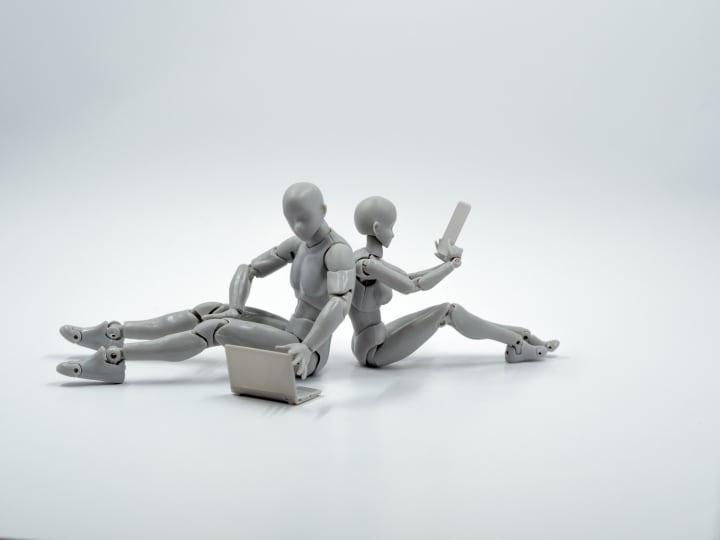
So, very probably, the advanced civilizations who can travel through space have changed from biological beings to cybernetic structures, by transferring their brain content on computer hardware. Thus they have evolved, becoming more intelligent and also getting longer lives.
The fact that humans are just at the beginning of their transformation into cybernetic beings, because they are soon going to have brain chips implanted, means that they are, as a species, at the beginning of their space odyssey. Other species in the universe have probably evolved into cybernetic structures long ago and this enables them to travel and study the universe, and perhaps one day they will contact us, too if they will consider that we have become intelligent enough to understand them and interact with them as equals.
About the Creator
Enjoyed the story? Support the Creator.
Subscribe for free to receive all their stories in your feed. You could also pledge your support or give them a one-off tip, letting them know you appreciate their work.


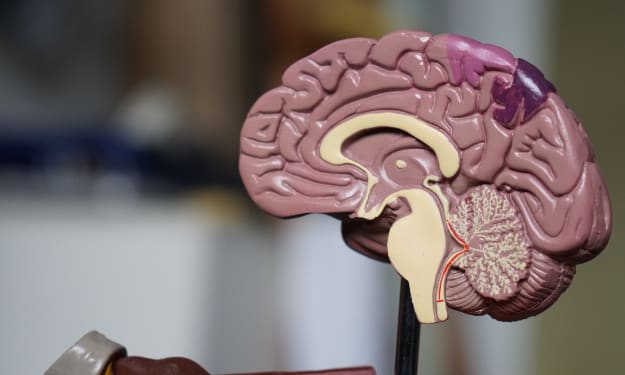



Comments
There are no comments for this story
Be the first to respond and start the conversation.